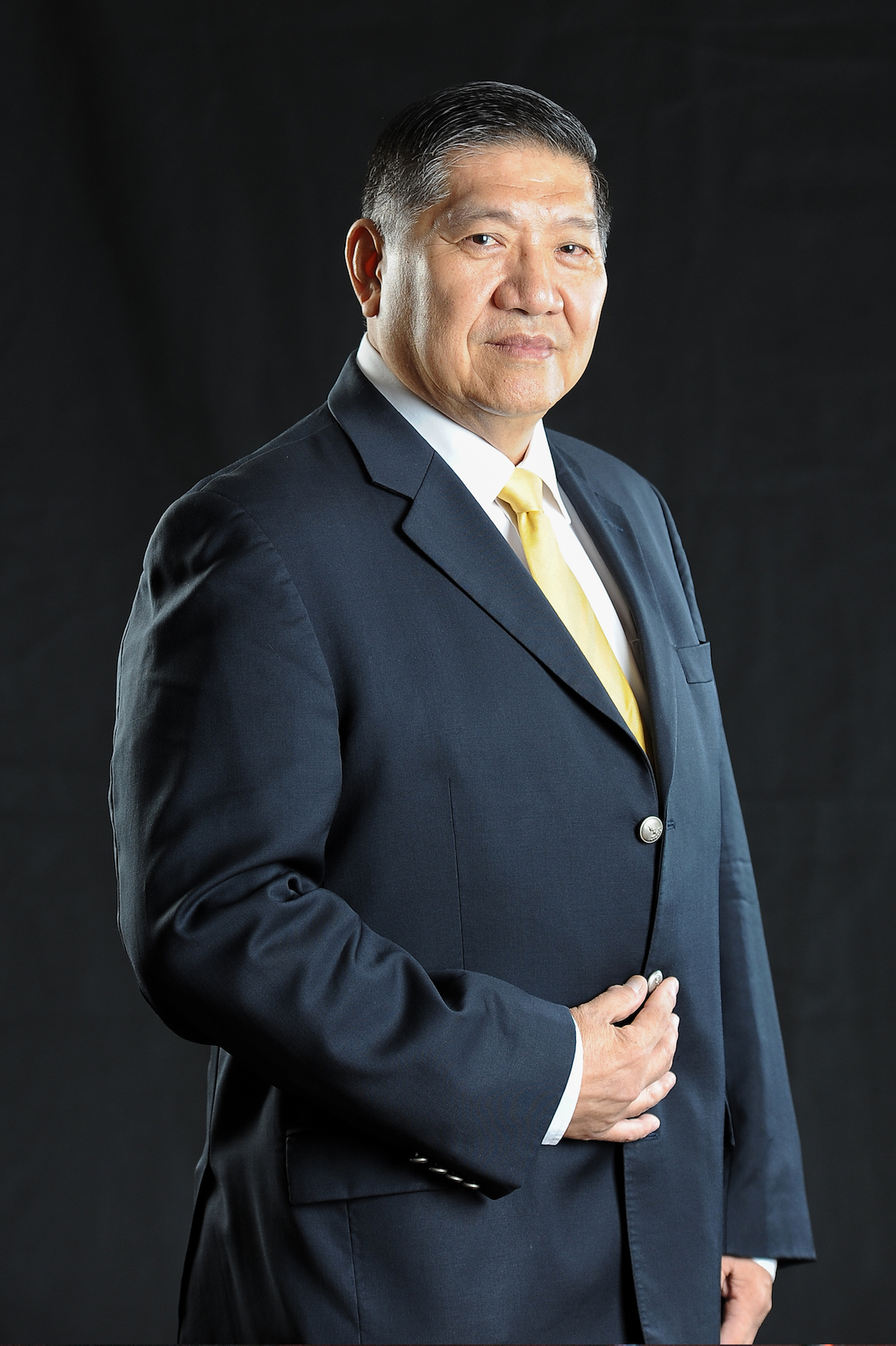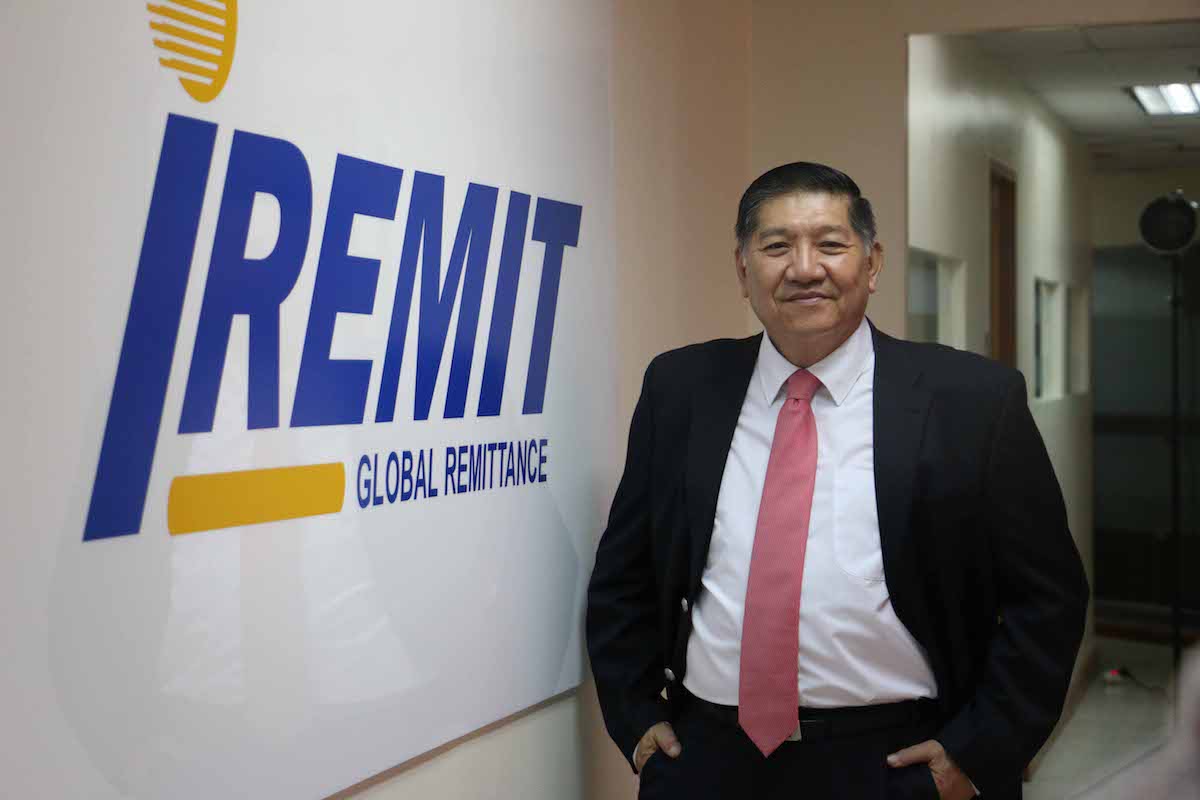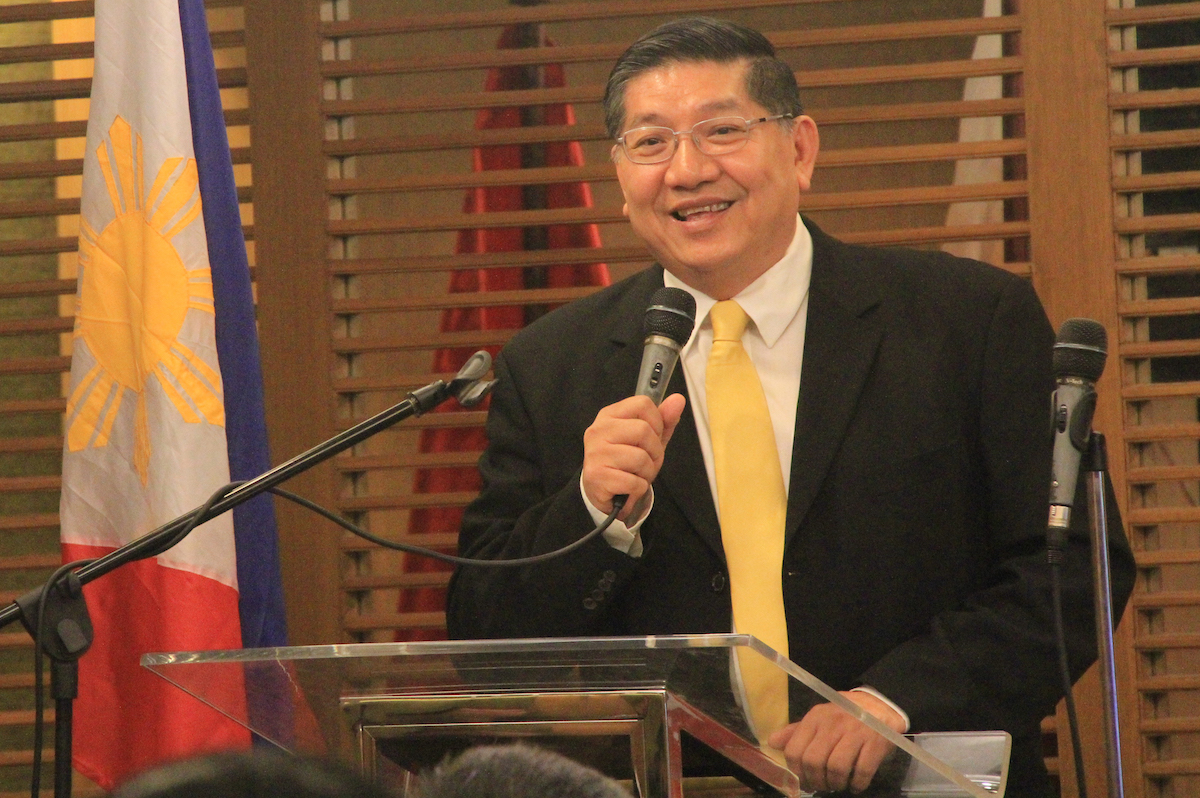To Filipinos seeking extra money to support their families or save for a comfortable retirement, the lure of employment abroad is great. With popular emigration destinations like Canada and the United Arab Emirates (UAE) offering much higher salaries, it’s no surprise that there has been a rise in the number of Filipinos who have opted to take the plunge into foreign markets.
In fact, the number of deployed overseas Filipino workers increased to 2.4 million in 2015, highlighting the critical role that remittance plays in the Filipino economy. The Philippine Statistics Authority has found the total remittance sent back to the country by OFWs in 2016 was PHP1.3 trillion (US$26.9 billion).
Making lives easier
As the largest non-bank, Filipino-owned remittance company, I-Remit has provided a crucial platform to allow many OFWs to keep supporting themselves and their family, with a presence in 26 countries and territories throughout the world through its network of more than 1,200 remittance outlets.
In founding and growing remittance platform I-Remit, CEO Bansan Choa hoped to make the lives of those Filipinos driven overseas as easy as possible.
“My advocacies for founding and growing I-Remit are directed towards improving lives,” says Bansan. “We know the market we have chosen to serve. Our products and services cater to the real needs of our remitters, and we treat each day as an opportunity to keep on improving our services.” In addition to providing a growing variety of remittance services, the company is also a major contributor in ensuring that Filipinos overseas continue to have access to the government’s social security and development programs.

“These programs are vital for ensuring that OFWs have the necessary social and financial support mechanisms when they eventually return to be re-integrated into the local economy or to retire,” he says.
A pioneering spirit & a lot of heart
Bansan grew up working in his family’s lumber-based construction and hardware supply business, which his father and grandfather started in Metro Manila after Bansan’s family emigrated from China when he was 3 years old. “My Chinese roots and the legacy of my grandfather and parents have deeply ingrained in me the value of hard work and perseverance, innovation, having a pioneering spirit, honesty, and excellent work ethics,” says Bansan.
“My Pinoy side, on the other hand, has provided all my aspirations, the ‘heart’, and the goal that all of my hard work should also benefit others.” Bansan continued working with his family, both with the lumber supply business and beyond, until well after he graduated from university with a degree in commerce. He even postponed the finishing of his master’s degree and thesis until 8 years after he had completed his studies so that he could concentrate his time on helping the family business, both in general store work, construction, financing and management roles.
He also established a new construction and development company with his mother and younger brother in 1991, specialising in social housing projects and low-cost subdivisions and condominiums. With this company, Bansan honed his leadership skills by overcoming various challenges around cashflow due to sudden changes in financing, which saw the firm downsize, seek new creditors and shareholders, and reorganise the business.
“By 1998, continuing with the business proved to be not as hard, as I was familiar with the entire operation. Getting new people and training them proved to be the bigger challenge,” says Bansan. “I also had to run our marketing office in Hong Kong, and this divided my time. It was good that my wife and friends were always there to support me and render assistance.” It was in 2000, while on a trip to China with friends, one of whom was part-owner of a company that was a super-agent of Western Union, that the idea for I-Remit was born.

“We revolutionised the remittance industry by employing the latest in technology … making it possible to cut down the usual remittance period to only seconds.”
Revolutionising remittance
Bansan and his friend, Ben Tiu, formed a new partnership under the i-Vantage Corporation that would operate a remittance platform out of his marketing office in Hong Kong. “On 6 May 2001, the first remittance office of I-Remit opened in Hong Kong. At that time, we called I-Remit our ‘sideline business’, having already launched successful businesses of our own,” says Bansan. In July 2002, JTKC Equities Inc., Surewell Equities Inc. and JPSA Global Services Inc. bought out I-Remit from i-Vantage, and it has been thriving ever since. By 2004, it was cited by the Asian Development Bank as a significant non-bank player in the industry and its I-Remit Visa Card was regarded as an innovation.

“After years of hard work and expansion, and profitable operations up to 2006, we took a bold step in October 2007 by going public and raising money for additional working capital and for expansion overseas,” says Bansan. In addition to the Visa Card, the company’s 24/7 offerings include bank-to-bank, pick-up, and door-to-door remittance services, as well as an online remittance facility called iRemit Direct online (iDOL).
In 2008, I-Remit forged a partnership with the Bank of China to service the remittance needs of overseas Chinese workers in Europe, followed by a similar deal with the Bank Internasional Indonesia for Indonesian workers in 2012.
After the introduction of the iDOL tool, I-Remit was named the 2011 Most Innovative Company at the Asia CEO Awards for having revolutionised the local remittance business by being the first to utilise the internet to provide remittance services. “We revolutionised the remittance industry by employing the latest technology and utilising the internet platform, making it possible to cut down the usual remittance period to only seconds,” says Bansan. The introduction of new technology means the company has also had to make investments into training and security to ensure applicable security standards and industry learnings are disseminated to all employees and users.
“We see to it that our human capital is not only equipped with the required expertise but are also able to make advance studies to further hone their skills,” says Bansan. I-Remit’s corporate social responsibility program includes youth education through donations, sponsorship and volunteerism, and promoting financial literacy among OFWs with public seminars around the globe. “In conducting its business, I-Remit is fully aware that it must also contribute to the betterment of Filipino society,” says Bansan.

